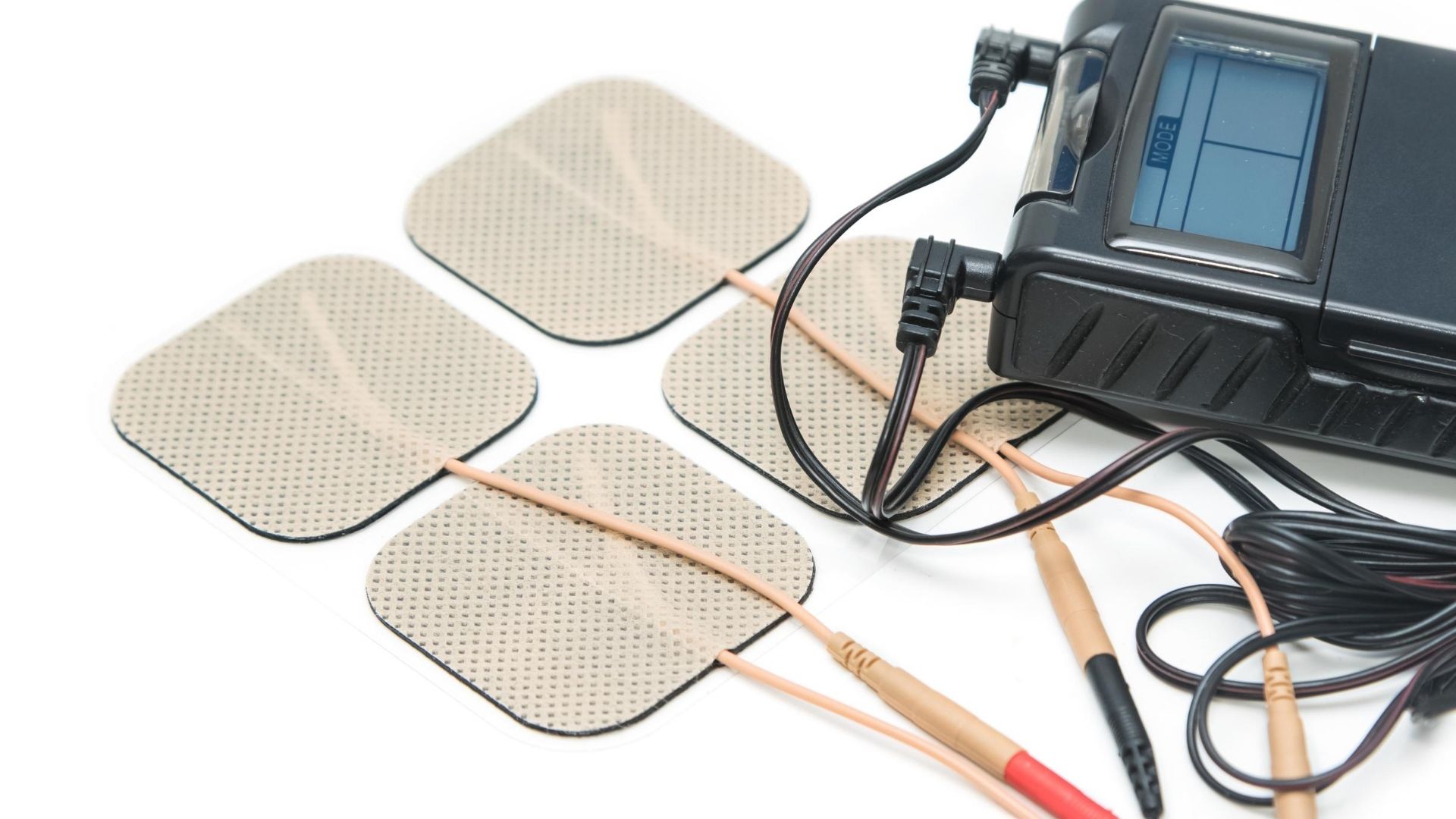 By: Zach Simpson
By: Zach Simpson
What follows is a very common scenario that helps demonstrate why proper documentation is essential in all personal injury cases, and what steps can be taken to ensure proper documentation occurs from the very beginning. Typically, following a car accident or slip and fall, a patient will present to the ER with complaints of “neck pain” only. However, the next day the patient might wake up with mid-back, and low back pain that radiates down the right leg, in addition to the original neck pain. The pain does not go away and gets worse, so they decide to make an appointment to come see their chiropractor.
The Problem Starts Here
When a new patient comes in for the first time, he or she typically starts the visit by completing a detailed history form. One of the first prompts is, “please tell us what hurts,” and there is a diagram that accompanies this question where the patient is asked to, “circle the areas that hurt.” More than likely the patient then puts or circles “neck, mid back, low back, and right leg.” The next question that typically follows the diagram asks, “When did your pain begin?” The patient then puts “4 days ago following my car wreck.” The potential problem for the treating chiropractor starts here. When the note is dictated it will more than likely read something to the effect of “New patient presents with history of neck, thoracic, and lumbar pain with radicular complaints, all of which began immediately after an MVA 4 days ago.”Continue reading



 By: Karina P. Gonzalez
By: Karina P. Gonzalez
 By:
By:  By:
By: 
 By:
By: 
 By:
By: